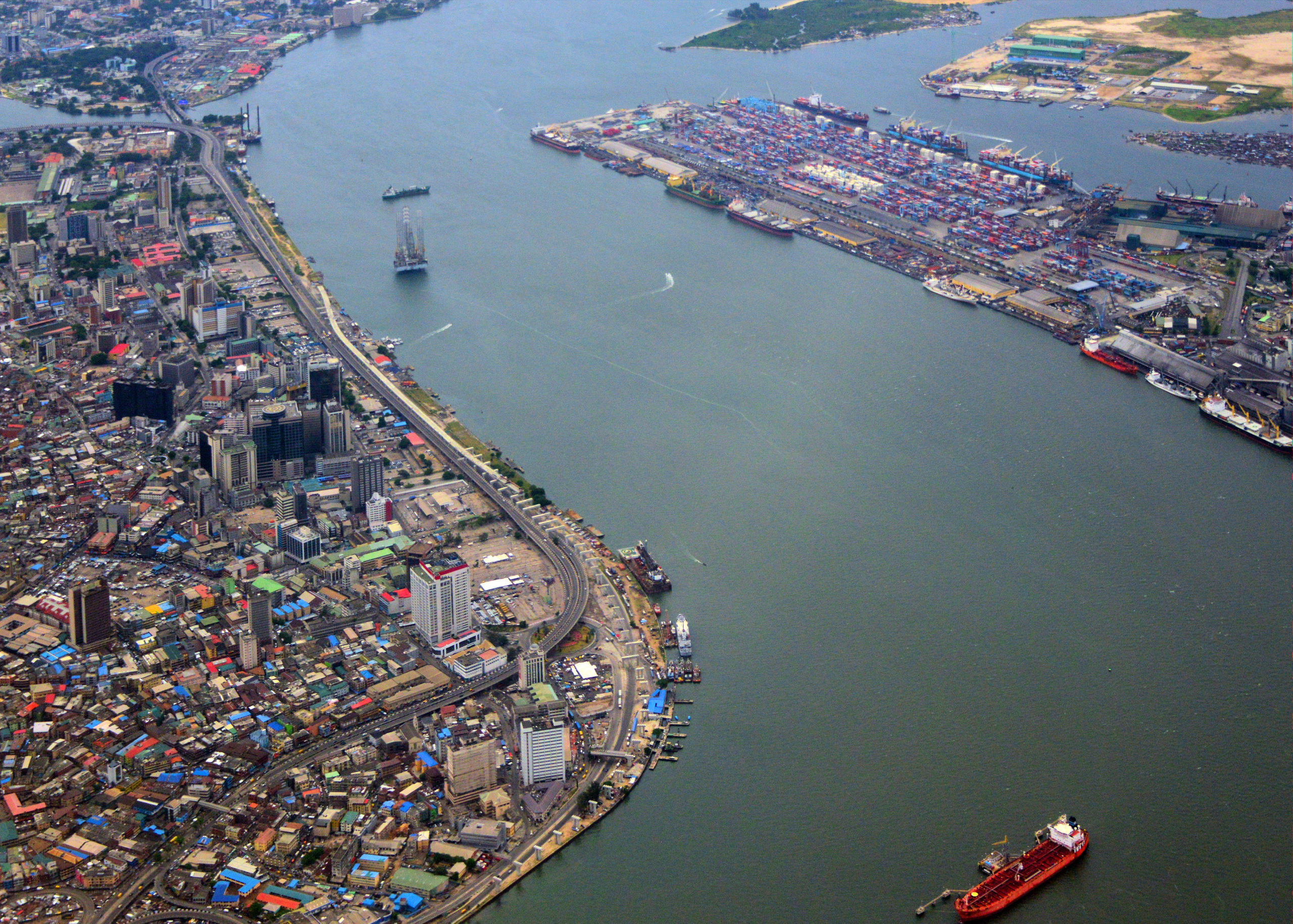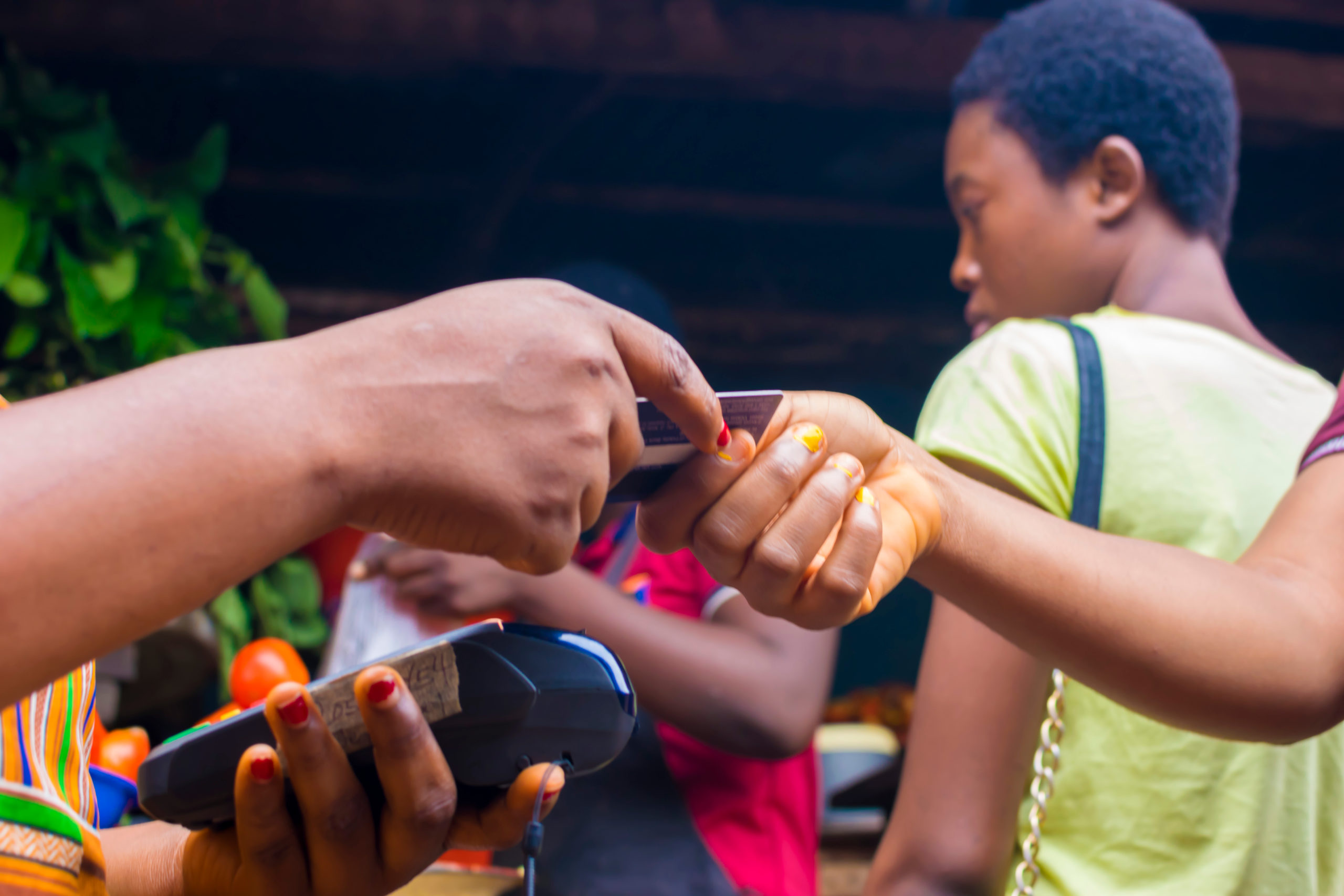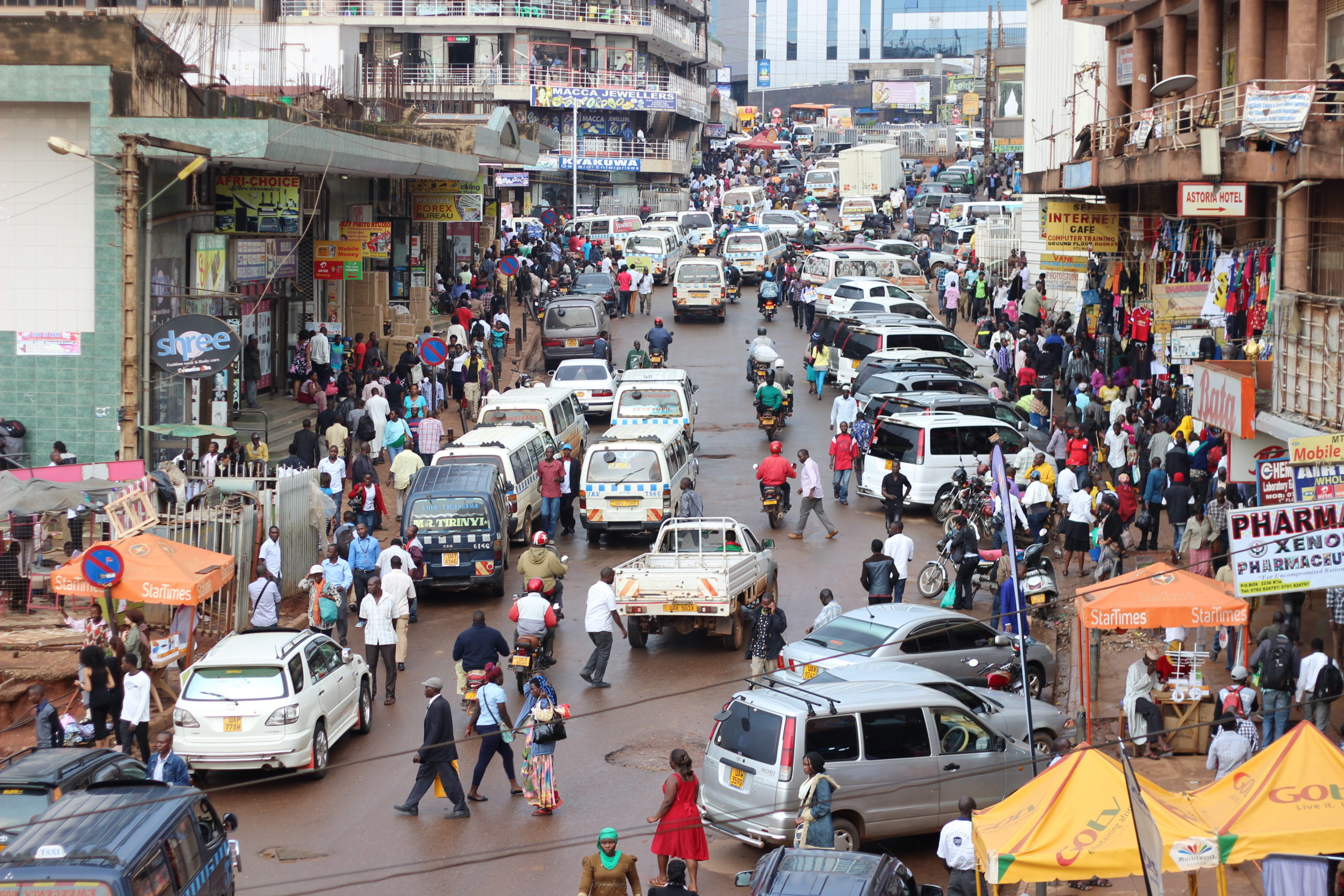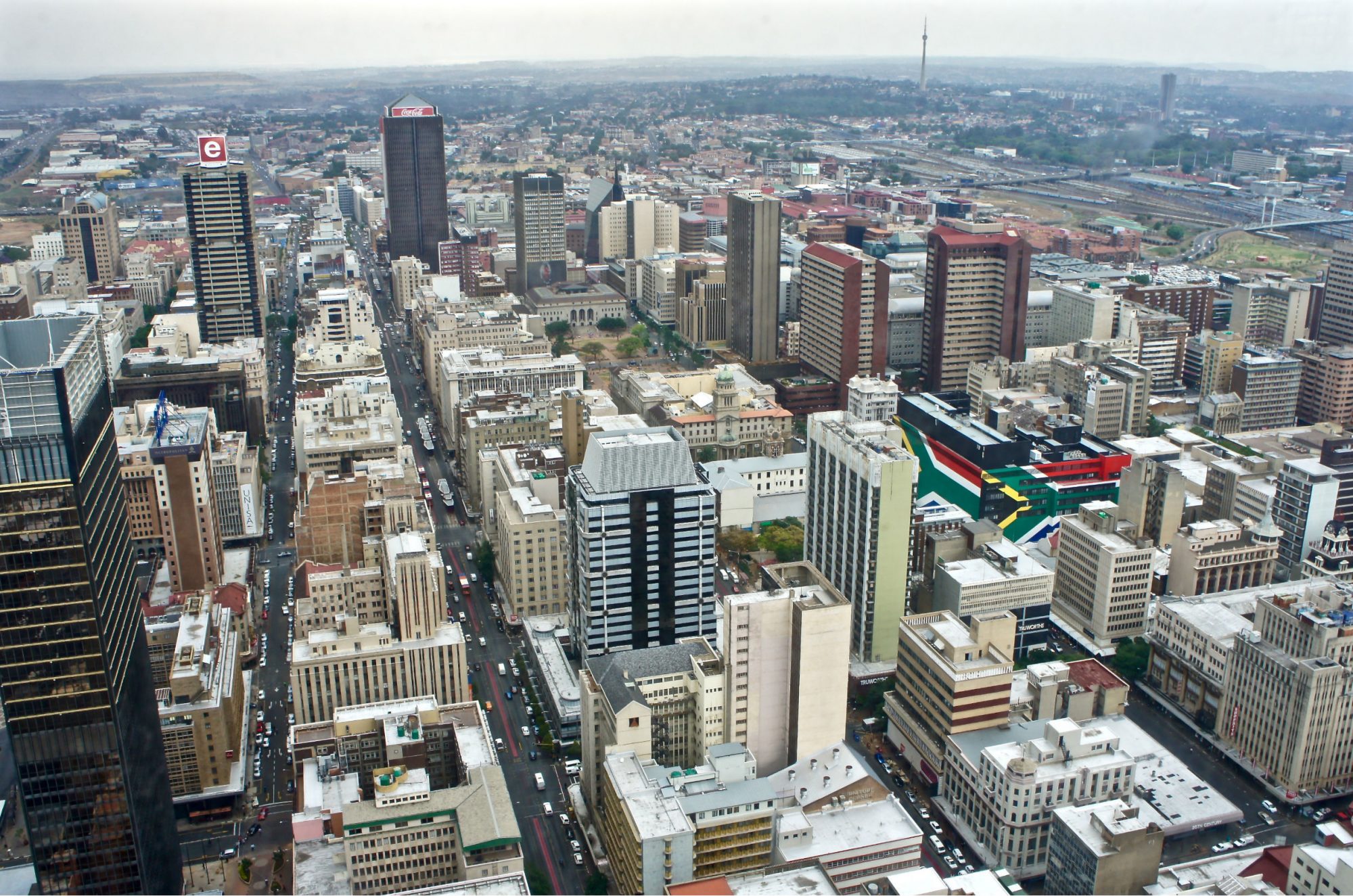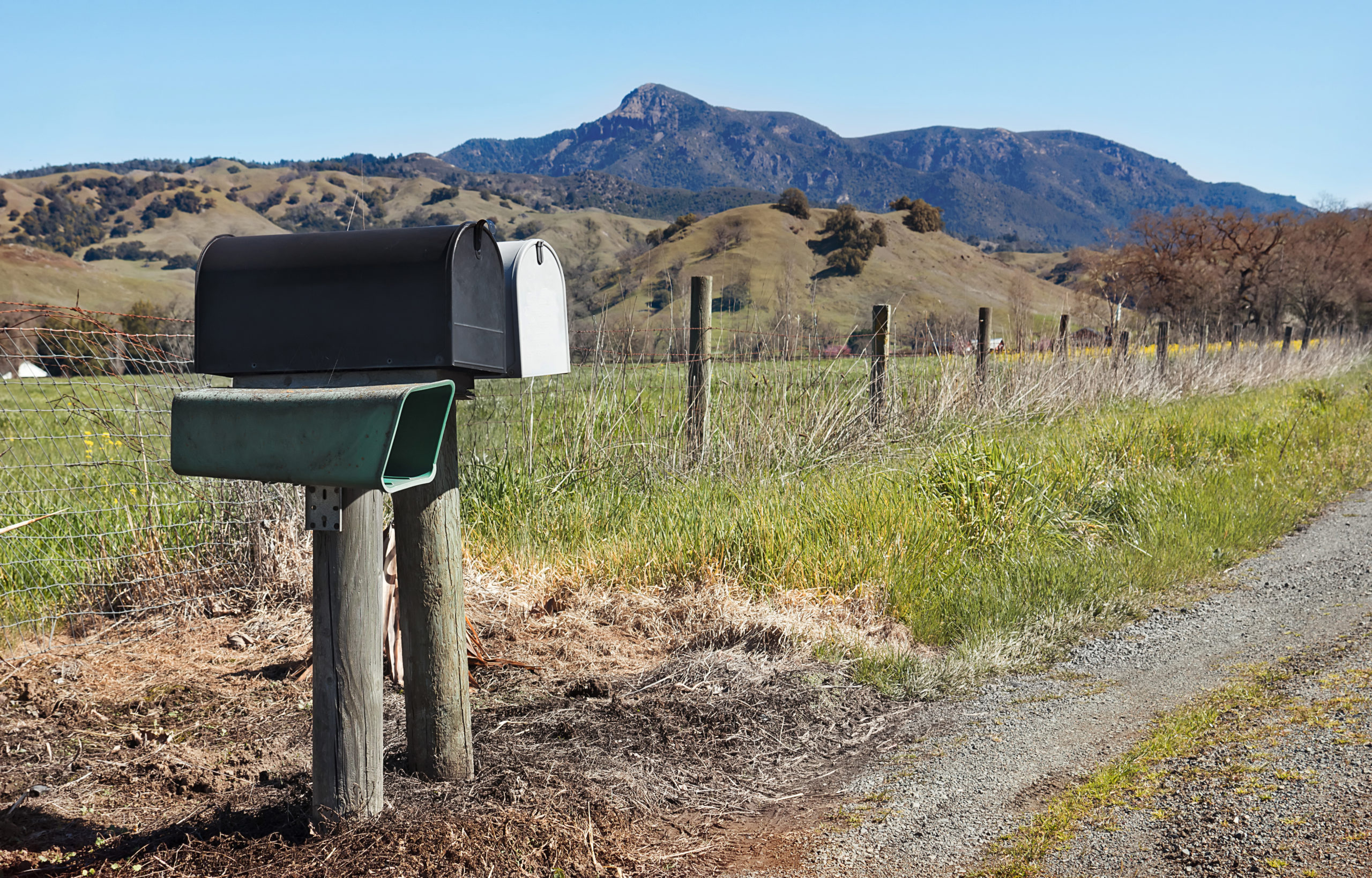
Digital identity and financial inclusion
How digitising customer due diligence can strengthen providers during COVID-19 and beyond For the last two decades, financial inclusion practitioners have been addressing the barriers that prevent adults from accessing and using financial services that can improve their livelihoods. One of the major barriers, originally uncovered by FinMark Trust in

